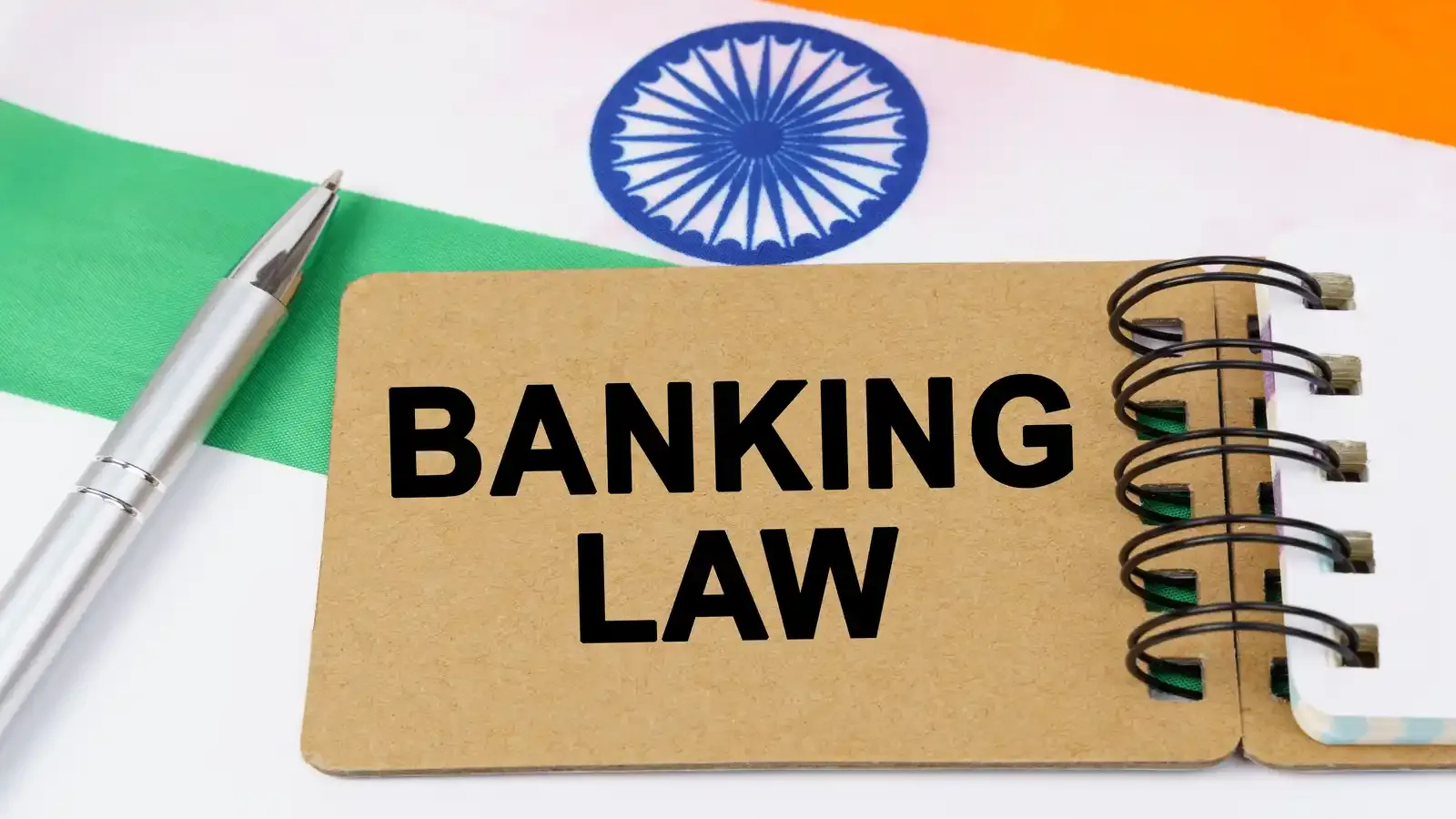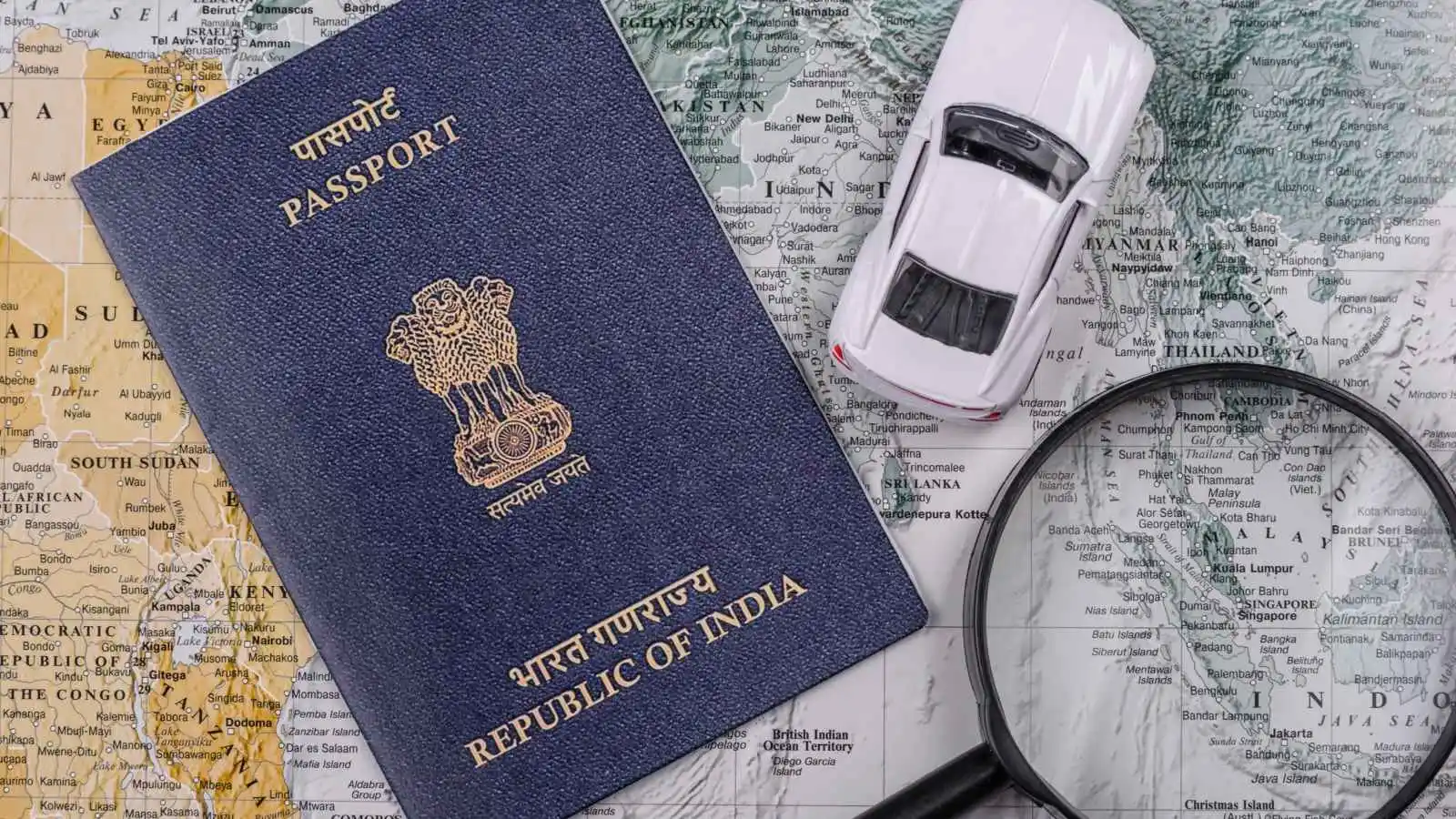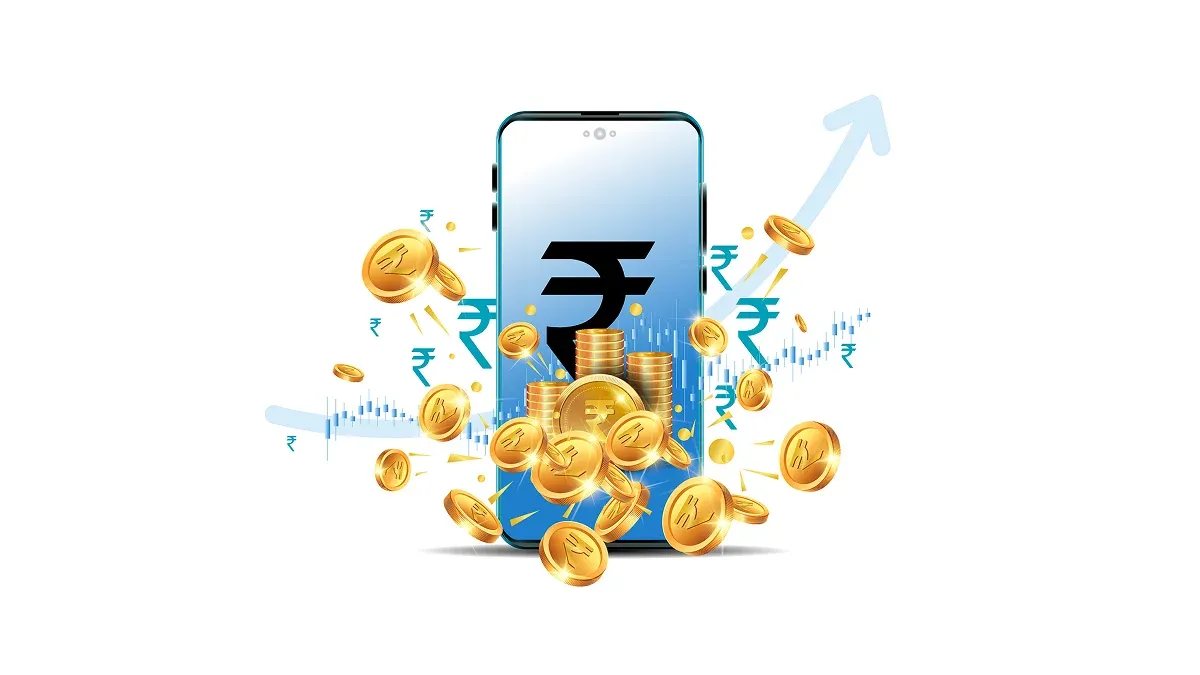What Do RBI Rules on Personal Loans Say?
Written by Dev Sethia
Published on November 13, 2025 | 3 min read

RBI Rules on Personal Loans Say
The Reserve Bank of India (RBI) has tightened regulations around personal loans, calling for more transparency, which entails requiring borrowers' consent and responsible lending practices.
The guidelines seek to protect borrowers and promote propriety in lending policies, practices and collection processes.
Factors Lenders Keep in Mind Before Landing
Key Facts Statement (KFS)
The lender is required to produce a KFS that discloses - in a clear and easily accessible format - all aspects of the loan, including interest rate, fees, and penalties.
Comprehensive Applications
Loan documents must incorporate all necessary information that supports any relevant fees, as well as the payment schedule.
Clarity
The lender must notify borrowers of the reason for denial of a loan (under ₹2 lakhs), any changes in terms of conditions, and provide notice for cancellation of the loan or early repayment.
Acknowledgement
The lender must acknowledge all loan applications as soon as possible in order for the borrower to have transparency and for the lending institution to properly track the request.
Creditworthiness and Loan Approval Process
The regulations established by the Reserve Bank of India (RBI) are primarily focused on a borrower's creditworthiness being assessed based on their credit scores to determine loan approvals, the amount of loan disbursed, and the applicable rate of interest.
In particular, risk assessment has improved, with the regulatory framework allowing financial institutions to assign higher weight to risk borrowers on underpinned assumptions of increased credit risks.
In addition to credit scores, another aspect of the regulations is that lenders are required to submit borrower profile data to credit bureaus more frequently, with the cycles shortened to 15 days.
This provides banks and other financial institutions with the opportunity to make timely updates to ensure that the credit profile related to the financial behavior of the borrower is completely accurate and to address unethical practices that include "evergreening" loans.
Loan Recovery Process and Borrower Rights
The RBI's enhanced regulations on personal loans will focus on transparency, fairness and protecting the consumer's interests. By encouraging financial institutions to focus on borrowers' capacity to repay, communicate effectively, and engage in appropriate recovery activities, these regulations will protect burst borrowers, encourage responsible lending and create a more trustworthy consumer lending environment in the personal loan arena in India.
FAQs
What is the Key Facts Statement (KFS)?
A KFS is a document that lenders are required to give, which summarizes the details of the loan, such as interest rates, fees, penalties and repayment schedules to keep borrowers on track.
How does RBI ensure borrowers are informed about loan rejections?
Lenders must inform the borrower of the reason for the denial (for loans under ₹2 lakhs), if the loan terms are changed, or that they will issue a notice for cancelling the loan or for early repayment.
How is a borrower’s credit-worthiness valued under RBI rules?
Credit-worthiness is mainly evaluated on the basis of credit score, which will influence the loan approval process, loan amount and applicable interest rates. Additional risk is assessed for high-risk borrowers.
Why do lenders send data more frequently to credit bureaus?
Data reporting cycles are now down to 15 days to allow for a more accurate timing of the update of borrower data, prevent potential abusive/ unethical practices such as "evergreening", and assist lenders with gathering more information when making their lending decision on borrowers.
What are the rules for loan recovery?
Neither the lenders nor a recovery agent is allowed to use harassment, abuse, intimidation, or unethical practices during the recovery of documents. All recovering processes must follow the Fair Practicing Policy, i.e., following a Notice of Default and offering structured repayment.
What options do borrowers have if they have their rights are violated?
Borrowers have the ability to challenge lender actions through the courts if their rights have been violated during the process of recovering reserved documents, abusive/ unethical practices, racial prejudice, or lack of transparency.
About Author
Dev Sethia
Sub-Editor
a journalism post-graduate from ACJ-Bloomberg with over three years of experience covering financial and business stories. At Upstox, he writes on capital markets and personal finance, with a keen focus on the stock market, companies, and multimedia reporting. When he’s not writing, you’ll find him on the cricket pitch
Read more from DevUpstox is a leading Indian financial services company that offers online trading and investment services in stocks, commodities, currencies, mutual funds, and more. Founded in 2009 and headquartered in Mumbai, Upstox is backed by prominent investors including Ratan Tata, Tiger Global, and Kalaari Capital. It operates under RKSV Securities and is registered with SEBI, NSE, BSE, and other regulatory bodies, ensuring secure and compliant trading experiences.
























